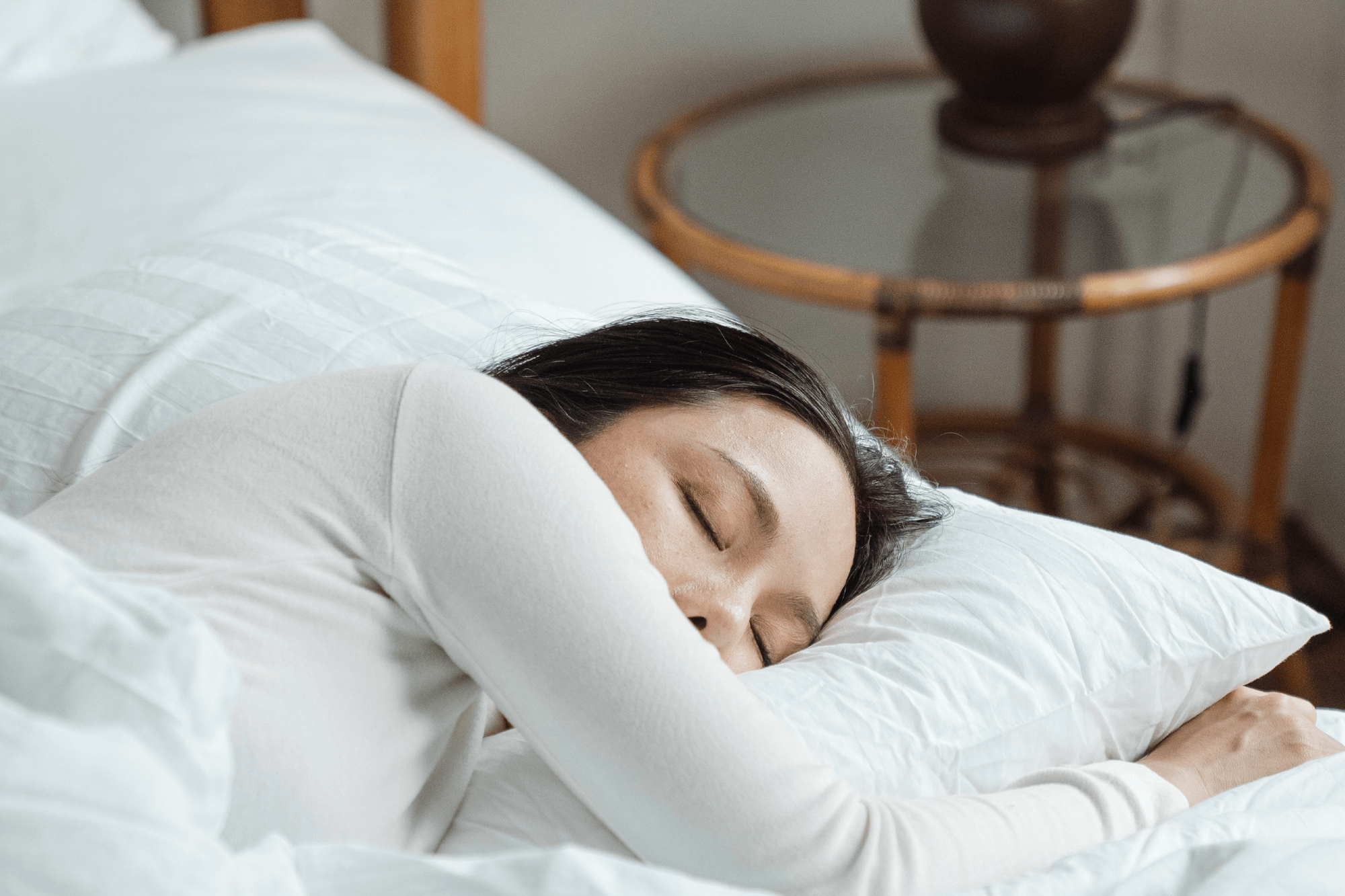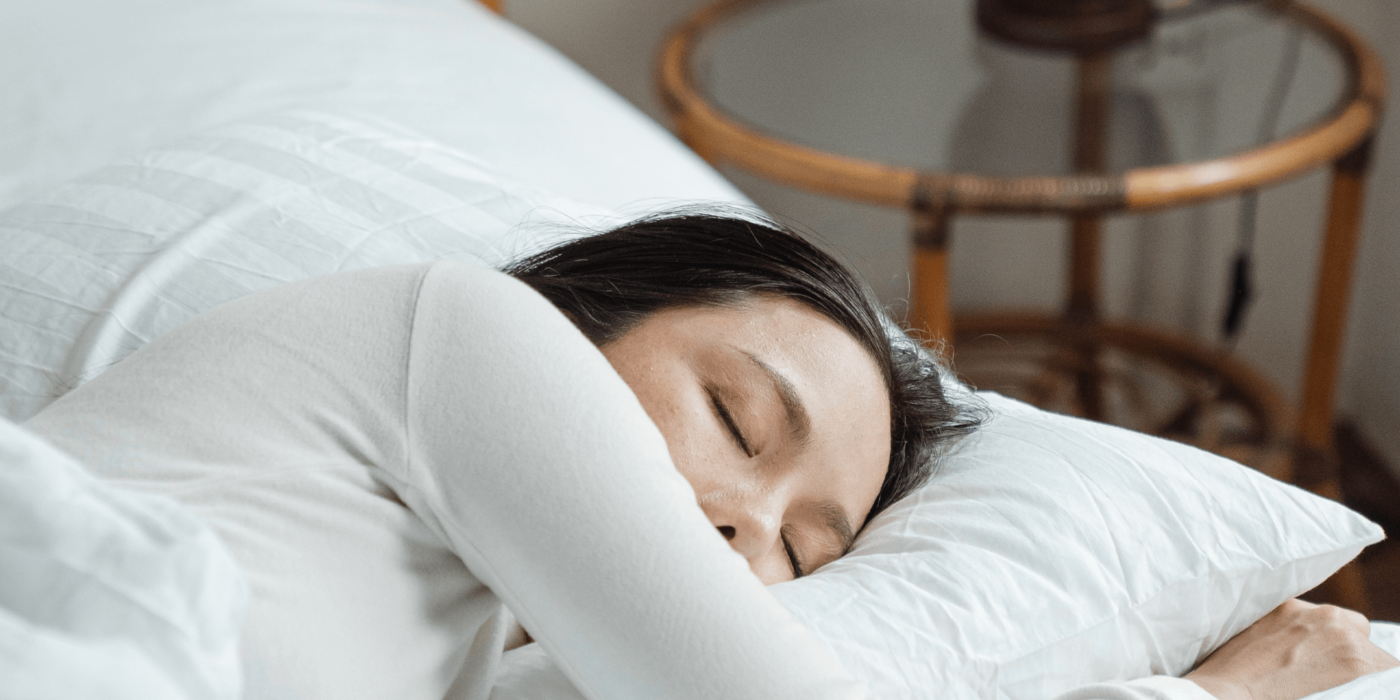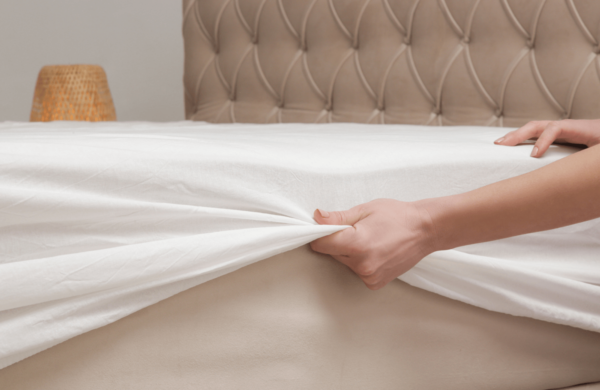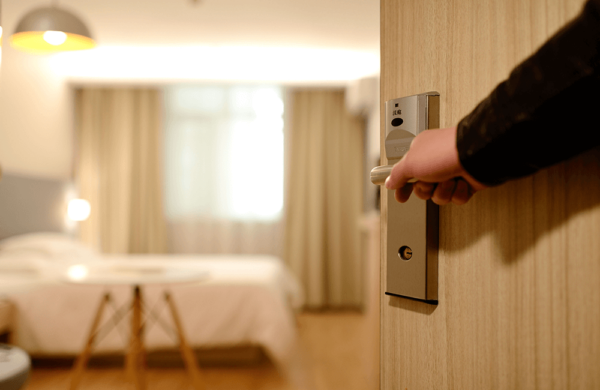Fibromyalgia and Sleep: Can I Improve My Sleep?
Fibromyalgia is a persistent condition that results in widespread pain, fatigue, and sensitivity throughout our muscles, ligaments, and tendons.
Fibromyalgia impacts millions of individuals globally and can considerably diminish a person’s overall quality of life.
It’s still a bit of a mystery what exactly causes fibromyalgia, but experts think it’s likely due to a mix of genetic influences, our surroundings, and some psychological reasons.
How Does Fibromyalgia Affect Sleep?
One of the most common & annoying symptoms of fibromyalgia is disturbed sleep. People dealing with fibromyalgia often find it tough to drift off to sleep, stay snoozing, or wake up feeling recharged.
These sleep challenges can make other symptoms, like aches, tiredness, and mood swings, even worse. It’s super important to get the best sleep possible to help manage those pesky fibromyalgia symptoms and boost overall wellness.

Sleep Tips for Fibromyalgia
Stick to a regular sleep time:
Keeping a consistent sleep schedule helps your body’s internal clock stay on track and can boost the quality of your shut-eye.
Aim to hit the hay and rise and shine at the same time each day, even on weekends. For tips on how to fix your sleep schedule, visit our blog. This is a good tactic to help you prime your body for sleep, as it loves to stick to habits.
Create a bedtime routine:
Develop a calming pre-sleep routine to signal to your body that it’s time to wind down. This may include reading a book, practicing relaxation techniques, or listening to soothing music.
For more information on how to get to sleep fast, check out our how to get to sleep fast blog.
Cold showers and fibromyalgia:
Cold showers have been shown to reduce inflammation, which can be beneficial for people with fibromyalgia.
Additionally, incorporating Wim Hof’s cold water therapy with sauna sessions may further improve symptoms.
For more details on how cold showers can help with sleep, visit do cold showers help you sleep post.
Exercise:
Regular physical activity can help reduce fibromyalgia symptoms, improve sleep, and boost overall well-being.
It’s good to keep those muscles & joints active to help blood circulation, which can fight against the painful inflammation.
You should aim for at least 30 minutes of moderate exercise most days of the week (if you feel up to it).

Fibromyalgia Pain Relief
To manage pain and discomfort associated with fibromyalgia, consider incorporating some of the following strategies:
Supplements for Fibromyalgia UK:
B12 supplementation: Vitamin B12 is essential for maintaining nerve health and reducing inflammation. Consult with a healthcare professional to determine the appropriate dosage.
Vitamin D: A deficiency in vitamin D has been linked to increased pain and fatigue in fibromyalgia patients. Talk to your doctor about getting tested and supplementing if necessary.
Magnesium Glycinate: Magnesium Glycinate is an oral supplement that if taken, can help with improving sleep quality.

Fibromyalgia hip pain while sleeping
For any aches & pains while sleeping (including hip pain), you may want to consider the following:
Magnesium flakes: Adding magnesium flakes to a warm bath can help relax muscles, reduce pain, and improve sleep.
CBD / Hemp Calm patches: These patches contain anti-inflammatory properties derived from hemp plants and can provide targeted relief for fibromyalgia pain.
You could also consider taking other CBD products via oral absorption to reduce pain & to help with sleep markers.
Magnesium oil: Topical magnesium can help reduce pain and improve sleep. Massage magnesium oil onto affected areas before bedtime.
Magnesium has a natural anti-inflammatory effects, but it is also good for overall sleep quality. You can hit two birds with one stone with this topical oil.

Sleep Environment
Creating a comfortable sleep environment is crucial for people with fibromyalgia. Ensure your bedroom is cool, quiet, and dark. Invest in a high-quality mattress, supportive pillows, and soft bedding.
Eliminate any distractions, such as electronic devices or clutter, that may hinder your ability to relax and fall asleep.
Summary
In conclusion, managing fibromyalgia and achieving quality sleep can be challenging, but implementing these tips and strategies can significantly improve your sleep and overall well-being.
Trial & error is going to be the best way forward, so don’t give up! There is a chance you can find something that can improve the quality of your life, as you deserve it.
Remember to consult with a healthcare professional before starting any new supplements or treatments.






